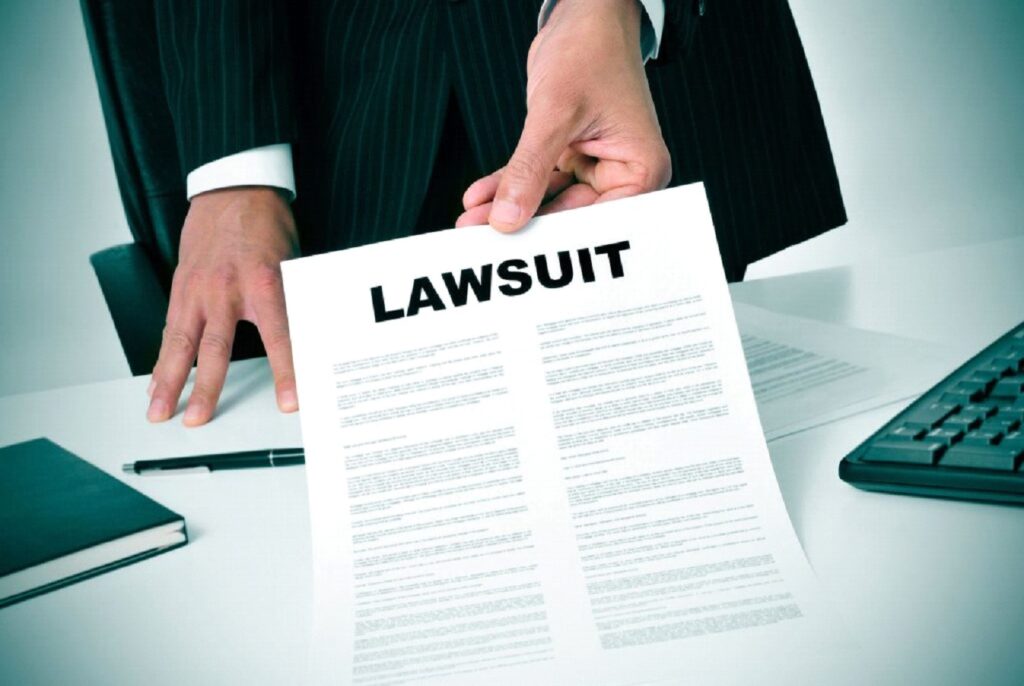Bad faith is a legal term that refers to dishonest, unfair, or unreasonable conduct by a company in its dealings with another party. This conduct can take many forms, such as denying a valid insurance claim, withholding rightful benefits from an employee, or even breaching a contractual duty.
If you believe that an insurance company has acted in bad faith toward you, you may be able to sue them for damages. Your best bet at bringing these fraudulent companies to book. Experienced attorneys, like the insurance bad faith attorneys at Bentley & More LLP, will help prove to the court your side of things and get you the compensation you deserve.
In this article, we’ll give you a rundown of the steps involved in filing a lawsuit against an insurance company for bad faith. Here they are:
Go Over Your Insurance Terms And Conditions
The first step is to carefully review and understand your insurance contract. You need to assess and memorize the coverage that the contract provides. This careful scrutiny will open your eyes to any exemptions that you previously did not know about.
It’s best to get a dated copy of your contract before you file your claim. This way, you can easily prove that your claims are duly covered by the contract.
Gather Evidence On Paper
You need printed evidence of all your correspondence. The first item on the list should be records of your original report to the insurance company. You should also gather receipts of your monthly payments, an estimate of the damages, photos, and bills incurred from the damages.
You must also provide documented proof that the insurance company acted against the agreement stated in the contract.
Forward A Demand Letter
Your lawyer compiles and forwards a demand letter to your insurance company. This letter will outline all your grievances, the bad faith actions, and the compensation you’re seeking.
Both parties will proceed to schedule a negotiation session. During this session, the insurance company is mandated to either accept or rebut your claims. Most times, they come up with a counteroffer for you.
Also Read: Navigating Personal Injury Lawsuits: Important Tips for Claimants
If Denied, Appeal The Denial
If, after the negotiation, your claims are denied, the next step will be to request a review of your claims. The denial letter would be reviewed by whichever personnel your state appoints.
This is usually a tough stage, as you would have to make a concerted effort to get the attention you need. This is why it is important to hire a seasoned lawyer who can help you legally cut corners and get responses quickly.
File A Claim
Sometimes, the appeal may not give you the desired results. In cases like this, the next best step would be to file a lawsuit against the insurance company.
Your lawyer will work tirelessly to present solid evidence to the court to back up your claims. It’s left for the jury to decide whether you deserve the compensation you seek.
Wrapping Up
Insurance companies paint themselves as victims’ ray of hope. However, sometimes, when the time comes for them to step up, they fall short of their promises.
As a victim of this deceit, you can legally railroad them to pay up. You would, however, need the most competent lawyer in the field.






